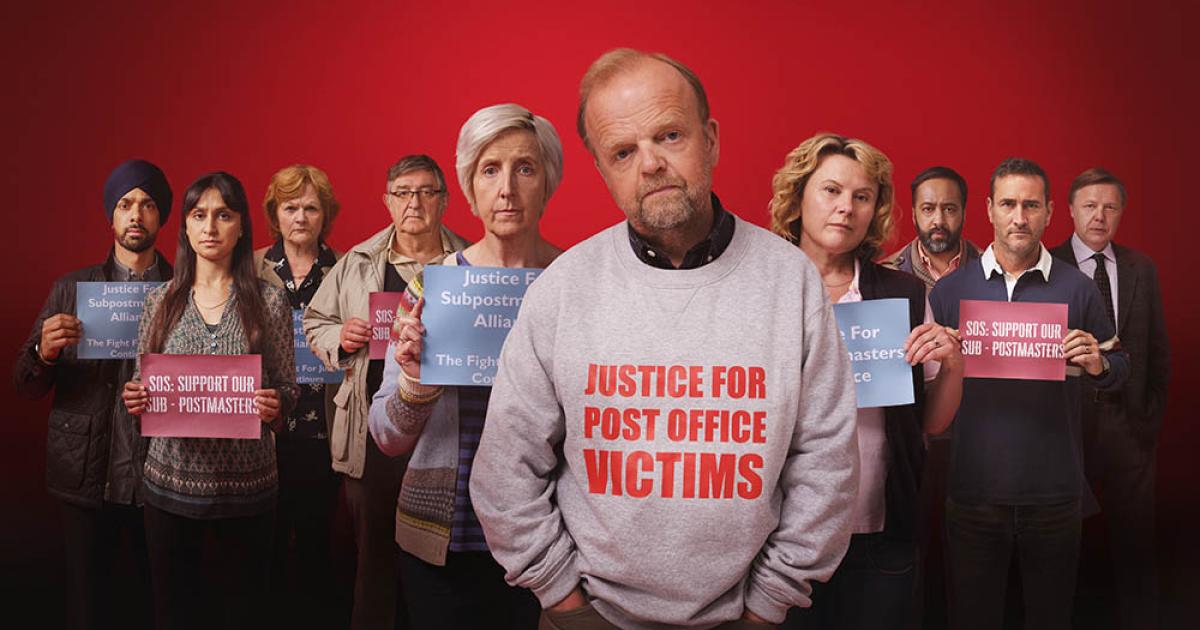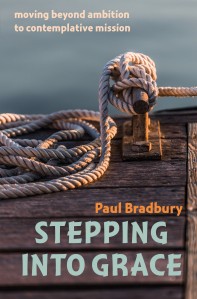Not so long ago a friend said to me ‘what you’ve done Paul, is start a movement’. Which I thought was hilarious. Because it kind of implied I know what I am doing, or that what may (or may not) have emerged from anything I have ‘done’ has had some kind of pre-determined plan or strategy. The thing is that all the plans and strategies I have cooked up in my head and tried to put into practice have not worked (at least in the way I thought they ought to have done). Anything that others think I have done that has ‘worked’ has only made sense in retrospect, and in that sense its success cannot really be attributed to me.
I don’t think I started a movement. I got swept up into one. Indeed if mission is anything it is the movement from God toward the fulfilment of all things, which Jesus called the Kingdom. And we get to participate in it. This Sunday I was asked to preach on Ephesians 3. Turns out it pretty much describes Paul telling the Ephesians how he was one small part of this movement of God through Jesus to the apostles to the Gentiles, the rest of humanity and then all creation. (v 7-11) And he says ‘Although I am the less than the least of all God’s people, this grace (i.e. to preach to the Gentiles) was given to me’ (v8). Playing the part in God’s movement that Paul was called to play seems to Paul like a ridiculous, illogical surprise – a work of utter grace.

And this is the thing with the movement of God’s mission. If we are sitting appropriately human-sized within them we feel constantly humble, inadequate, on the edge of chaos, overwhelmed and disturbed. So as my friend and colleague Jonny Baker once said to me “if you think you’ve got movement sussed you’ve probably just killed it!” Why? Because the movement is always bigger than our attempts to describe them. And they don’t ‘work’ when we think ourselves big enough to control them. When that happens we domesticate them or turn them into institutions.
Nevertheless I think we might be able to understand the dynamic of God’s movement that is mission to suggest some principles it and therefore a posture of leadership within it. My friend who thinks I started a movement asked me to write a side of A4 on how to start a movement. You don’t start a movement – you join in with on – but still here goes…
- Movements are animated by purpose and values and not by predetermined outcomes.
- Movements are fuelled by connection – ie by the dynamic created by lots of people oriented toward the same purpose able to talk to one another, encourage one another and learn from one another.
- Movements are enabled by key people who enable connections to happen – e.g. by facilitating online connections spaces, in person gatherings, by developing relationship with other key people in the network.
- Leadership of movements is not leadership in the sense we often mean it – think ‘gardener’ rather than ‘manager’ – it’s all about tending to the environment and trying to ensure its healthy and protected from the kind of things that might hinder growth of the movement.
- Leaders within movements are good storytellers – stories are another thing that fuel movements i.e. good examples of how the purpose and values of the movement are being expressed in one particular context.
- Leaders within movements are ‘sensemakers’ – they are able to make sense of what is happening and describe it well to others. This is both so those in the movement get a sense of the whole movement and where its going, and also so those outside the movement get a clear picture of what is happening.
- Leaders within movements advocate for the movement with ‘the powers that be’. I.e. there is always a wider context to any movement that will be a mixture of support and resistance. Movement leaders engage with both, drawing supporters in and engaging with those who resist a movement by advocating for the space for those in the movement to do what they do. (I’ve always gone with the maxim of St Francis that ‘the best critique of the bad is the demonstration of the good’ (or something like that!) ie don’t’ waste too much time trying to convince people, let them see the obvious good of what is being proposed.)
- The chief agent in any movement of God is the Holy Spirit. So the question is often – ‘how can we ensure we participate with what God is doing?’ and ‘How can we try and ensure we not hindering or domesticating what God is doing?’









